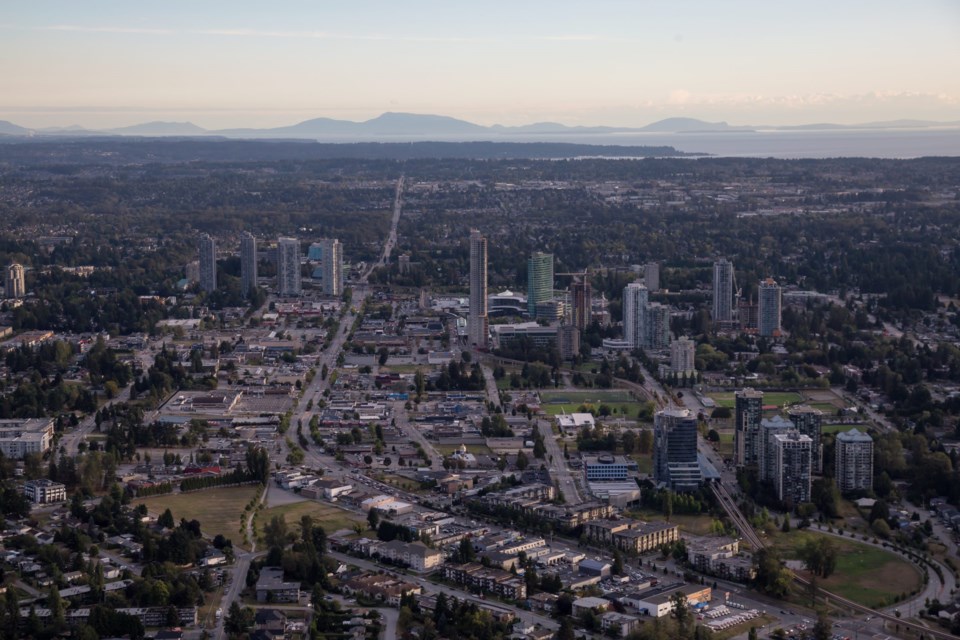New legislation to boost the rights of renters and freeze rents during the pandemic has picked up early cross-partisan support in the legislature. Sort of.
The debate offered clues about the priorities of the parties – and also their blindspots.
The NDP’s bill, tabled by Attorney General David Eby, will freeze rents for 2021, ban so-called renovictions, and bring in a host of reforms to the residential tenancy branch.
They enact many reforms suggested in an NDP-Green task force on housing and renters. That task force was chaired by Spencer Chandra Herbert, a long-time vocal advocate for renter’s rights in a constituency where the balance between tenants, landlords, density and development is a hot-topic issue.
All told, it’s a suite of changes that likely favours renters a bit more than landlords. Which is no surprise when you consider how much energy the NDP has put into appealing to renters in Metro Vancouver.
The 2017 election was the tipping point where those efforts finally paid fruit. Premier John Horgan used the promise of a $400 renter’s rebate as a battering ram to get his affordability message into the condos and apartments of a growing class of urban voter. It worked then, and again 2020.
Skyrocketing housing prices are putting home ownership out of reach for many. If you want to stump for votes in Metro Vancouver, you better have something to offer renters. Only a fool would ignore them.
All of this made Tuesday’s debate on the legislature on the residential tenancy act changes so fascinating.
The Opposition BC Liberals clearly did not like the bill.
Its caucus of mostly rural MLAs had complaints about the lack of consideration for well-meaning owners and landlords.
“We have this protection for renters, against their landlords,” said housing critic Ben Stewart, the MLA for Kelowna West.
“Well, what about people that are trying to develop and bring on rental accommodation? What about the property purchase tax? What about some relief in those areas, to help make it so that there's an incentive to help bring on capacity in those communities?”
Cariboo-Chilcotin MLA Lorne Doerkson said the negative effects are not limited simply to big developers and rental agencies.
“I'm sure that the legislation is having an effect on those companies, but it's the small entrepreneur that we're really deterring from this business,” said Doerkson.
“That, I believe, is having a massive negative effect on the number of rental units we actually have in this province.
“The bill itself will continue a freeze on rent increases through 2021. It creates more paperwork and red tape, around renovations and repairs, for thousands of landlords that are truly trying to do the right thing.”
Langley NDP MLA Andrew Mercier hit hard on his rebuttal.
“We have heard the member for Cariboo-Chilcotin talk about all the red tape and all the bureaucracy this will add,” he said.
“Well, you know what? If you're about to kick someone out of their home to do necessary or substantial renovations, there ought to be a process to make that determination. It ought not to be decided on a whim. What this bill does is locate the determination of that process with a neutral arbitrator that sits through residential tenancy disputes as a matter of their profession so they can assess credibility. They can assess it on a case-by-case basis, which is really what we want.”
This exchange is illustrative. Which comments do you think will play better amongst Metro Vancouver voters?
Undoubtedly the winner would be the New Democrat from Langley - who coincidentally upset veteran BC Liberal Mary Polak in a riding rapidly changing from agricultural to urban.
The BC Liberals absolutely must win ridings like Langley back if they hope to form government again.
But they aren’t going to be able to do it without some MLAs developing some urban smarts, and fast.
Only Skeena’s Ellis Ross, the lone MLA officially declared for the BC Liberal leadership race, came close to striking the right tone.
“I've heard some of the conversation here, and I commend both sides of the House for those that talk about a balanced approach to this problem,” he said. “That's the right way to have this conversation.”
Ross talked about the complexity of the issue, and the need for balance, using examples from both renters and landlords. It went further to striking the tone the party needs to hit than anything offered by any other MLA.
Still, the party seems somewhat alive to the dynamic of the issue: the BC Liberals voted for the bill anyway. It passed second reading unanimously, with applause, after every MLA called out their name and vote on division.
It was a bit of political theatre, designed to emphasize the unanimous outcome. But what lurks underneath should worry BC Liberal strategists.
Rob Shaw has spent more than 13 years covering BC politics, now reporting for CHEK News and writing for The Orca. He is the co-author of the national best-selling book A Matter of Confidence, and a regular guest on CBC Radio.
SWIM ON:
- Rob Shaw last wrote about churches rejecting a late olive branch from the provincial government, which is now taking a leap of faith that public health orders banning in-person court services will hold up in court.
- Puneet Sandhar put the choice before BC Liberals like this: renew, or fade away.
- Facing an opponent like the NDP, Sebastian Zein says simply holding the line isn't enough for the BC Liberals.



